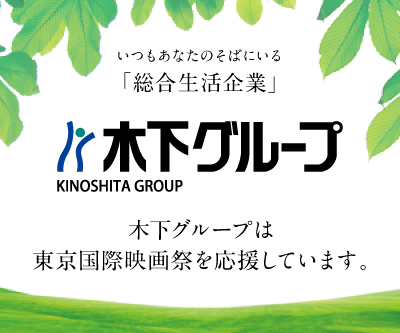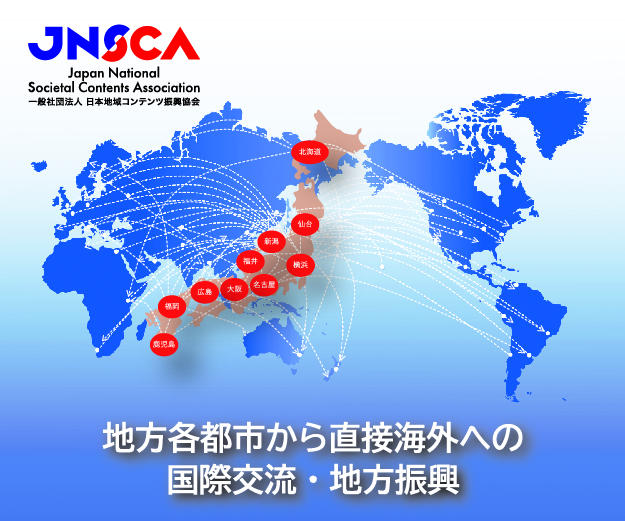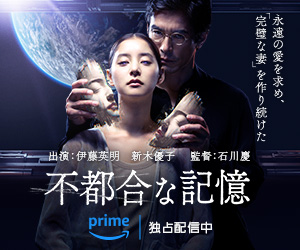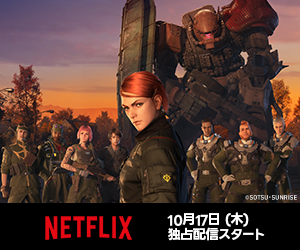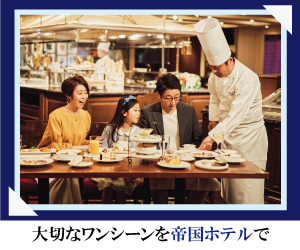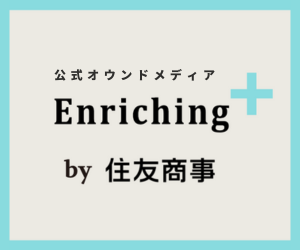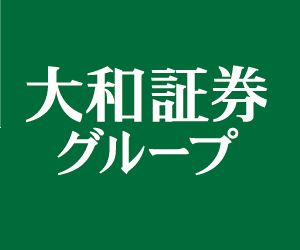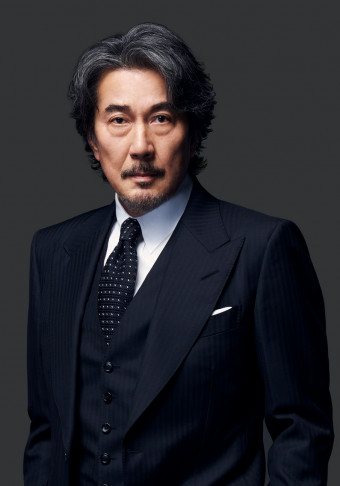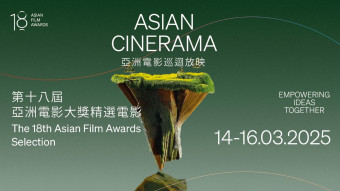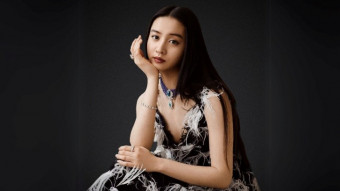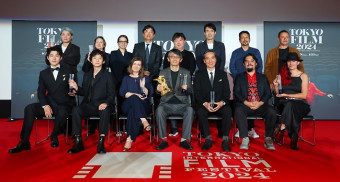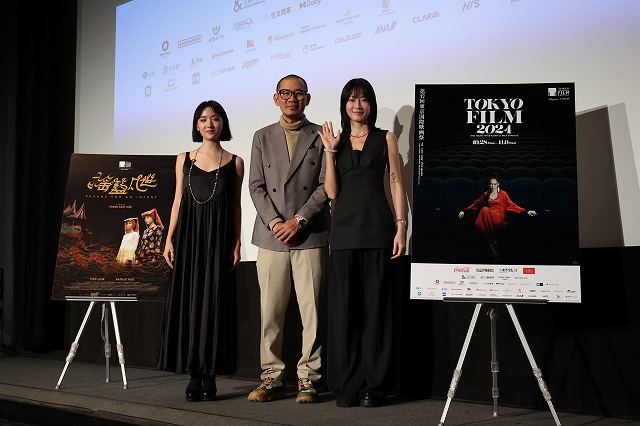
Acclaimed Malaysian director Chong Keat Aun, still on the international festival circuit with his last film (the award-winning Snow in Midsummer), was in Tokyo on October 30 for the world premiere of his new work, Pavane for an Infant, playing in the Asian Future section of the 37th the Tokyo International Film Festival. He was joined at the post-screening Q&A session by his stars Fish Liew (known for Lazy Hazy Crazy and Anita) and Natalie Hsu (Fly Me to the Moon), and the trio thrilled the audience by giving brief introductions in very polite Japanese, reading from their cellphones.
Like all of Chong’s work, Pavane for an Infant concerns pressing social problems, but they are conveyed in a style that is the farthest thing from kitchen-sink drama as is possible. The story revolves around a baby hatch center in Kuala Lumpur, and follows the social workers and staff there as they receive and care for the newborns left in their care — many of whom will go on to be adopted with their help. The women who leave the infants in the hatch are given only 30 seconds to change their minds before the doorlatch locks; a large digital clock ticks off the seconds as Ravel’s “Pavane for a Dead Princess” plays over the speakers.
Liew is Lai Sum, one of the staff members, and we learn that she, too, was one of the poor souls who had to make the desperate decision of giving her baby a better life. So when she meets Siew Man (Hsu), the pregnant victim of persistent sexual abuse from a family member, she feels an instant sisterhood. Together, the two women set out to avenge Siew Man, thereby empowering all the women who have been used, abused and exploited by their patriarchal society.
Chong was asked what had triggered him to make the film, and he explained, “In 2016, a classmate of mine was volunteering at a baby hatch center and told me various stories about what she was experiencing there. She had decided to volunteer because her boyfriend had abandoned her and become a film director — it wasn’t me! — and she’d had to have an abortion. Through those difficulties, she decided to volunteer at the center. She is Muslim, and many Muslims are conservative, so to create the baby hatch for the purpose of saving babies was a concern, since they felt that it would alter the fundamentals of creating life. Her family told her she would go to hell instead of heaven. In 2021, someone agreed to fund a film with this theme, and we made it.”
Asked about what had prompted her to act in the film, Liew told the audience, “I’m Malaysian and I’ve been working in Hong Kong for the past 12 years. But I’ve always wanted to go back to Malaysia and work there. So when I heard about a Malaysian director making this film, even before reading the script, I was interested. I was especially interested in the theme of women’s issues, depicted through women’s perspectives. In Hong Kong, many of the films I appear in are commercial productions, so when I read the script for this, I was very interested in its focus on women struggling with difficulties.”
Hong Kong actor Hsu found it appealing, because “to act as a Malaysian woman attracted me very much. Malaysia is unique in its variety of cultures and ethnicities. What’s depicted here is how women are living there, which interested me very much. It was such an honor to make a film with the director, who’s been making very literary films. And the role is so different from who I am, so that also interested me.”
A viewer asked about the “medium” in the film, who is obviously not quite what he seems from the first moment he goes into a “trance” to provide advice to Lai Sum. Said the viewer, “This is similar to Japan, where we have this sort of thing as well.” Chong told him, “Actually, my father is a fortune teller, but he’s not a bad man. I did a lot of research while writing the film. Ever since I was small, I’ve learned a lot about fortune telling through my father. But there have been some unexpected pregnancies and women who are deceived by such people. During Covid, this became a big social issue. To ease the pain of becoming pregnant, some women started going to religious places like that.”
“Actually, though we didn’t show it in the film, you may have heard the news last month that there were about 200 women and girls between the ages of 8 and 20 who had been locked up somewhere and sexually assaulted.”
One audience member wondered about the “minority” dancer who performs magically at the end of the film. Was she a dancer or a religious figure? “That woman is Minangkabau, a member of an Indonesian ethnic group,” responded Chong. “She’s not a film actor, but a stage actor. It’s a maternal group and all the family assets pass down through the female line. But now this is shifting toward a more paternal process under the influence of Islam, and the Minangkabau’s unique culture is changing.”
Asked about their experiences shooting the film in different conditions than they’re used to, it was clear the actors had greatly enjoyed the process. “Participating in filmmaking in Malaysia excited me so much,” said Liew. “The pace is much slower than in Hong Kong, we had so many conversations with the director and discussed so many things. The lighting was also so skillfully done, which took a lot of time, making it costly, so we’re grateful to the sponsors who funded the film.”
Hsu concurred. “To make a film at a leisurely pace was so impressive,” she said. “We spent a lot of time to prepare for it, and for each scene, we discussed it together and came up with ideas for improving it, including even changing some of the dialogue to make the lines more casual. And we came up with lots of ways to make the room where the baby hatch is look natural. I was so happy to be part of that kind of production.”
Q&A Session: Asian Future
Pavane for an Infant
Guests: Chong Keat Aun (Director/Screenplay), Fish Liew (Actor), Natalie Hsu (Actor)











